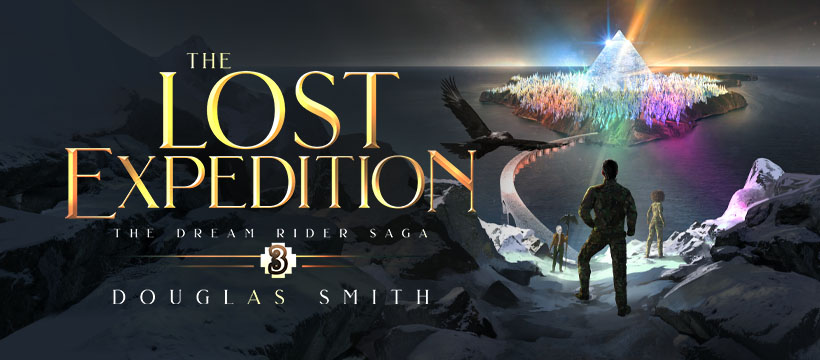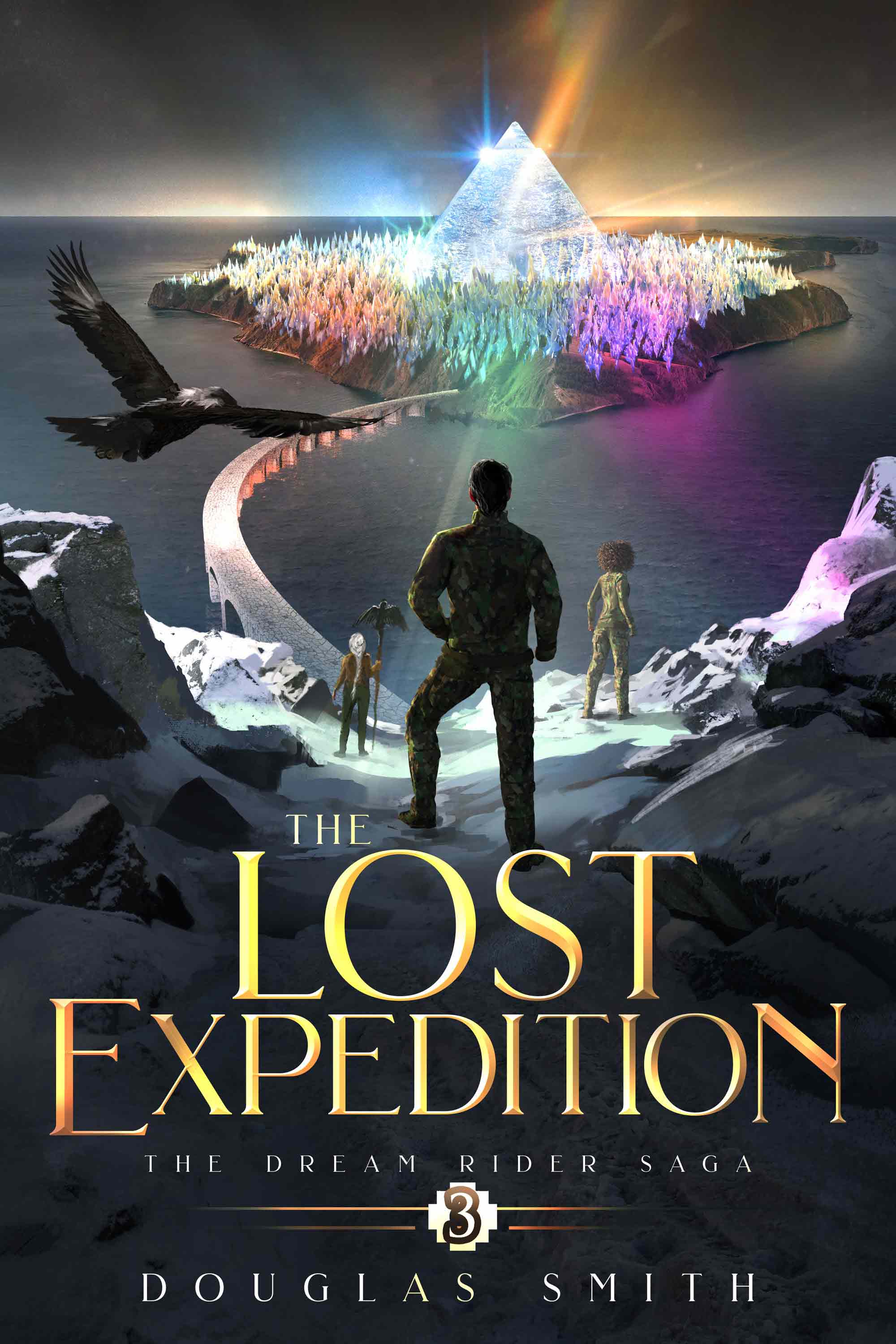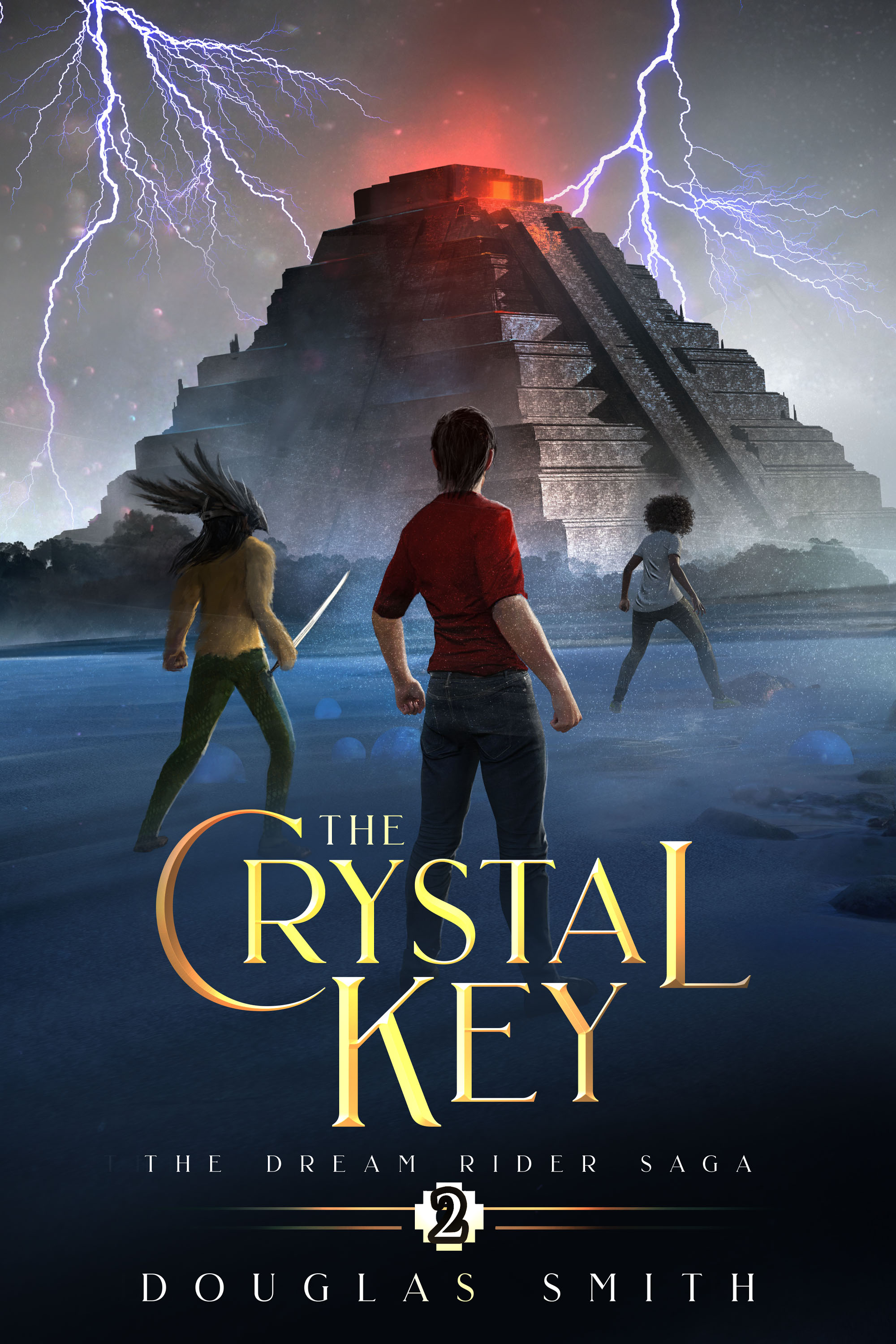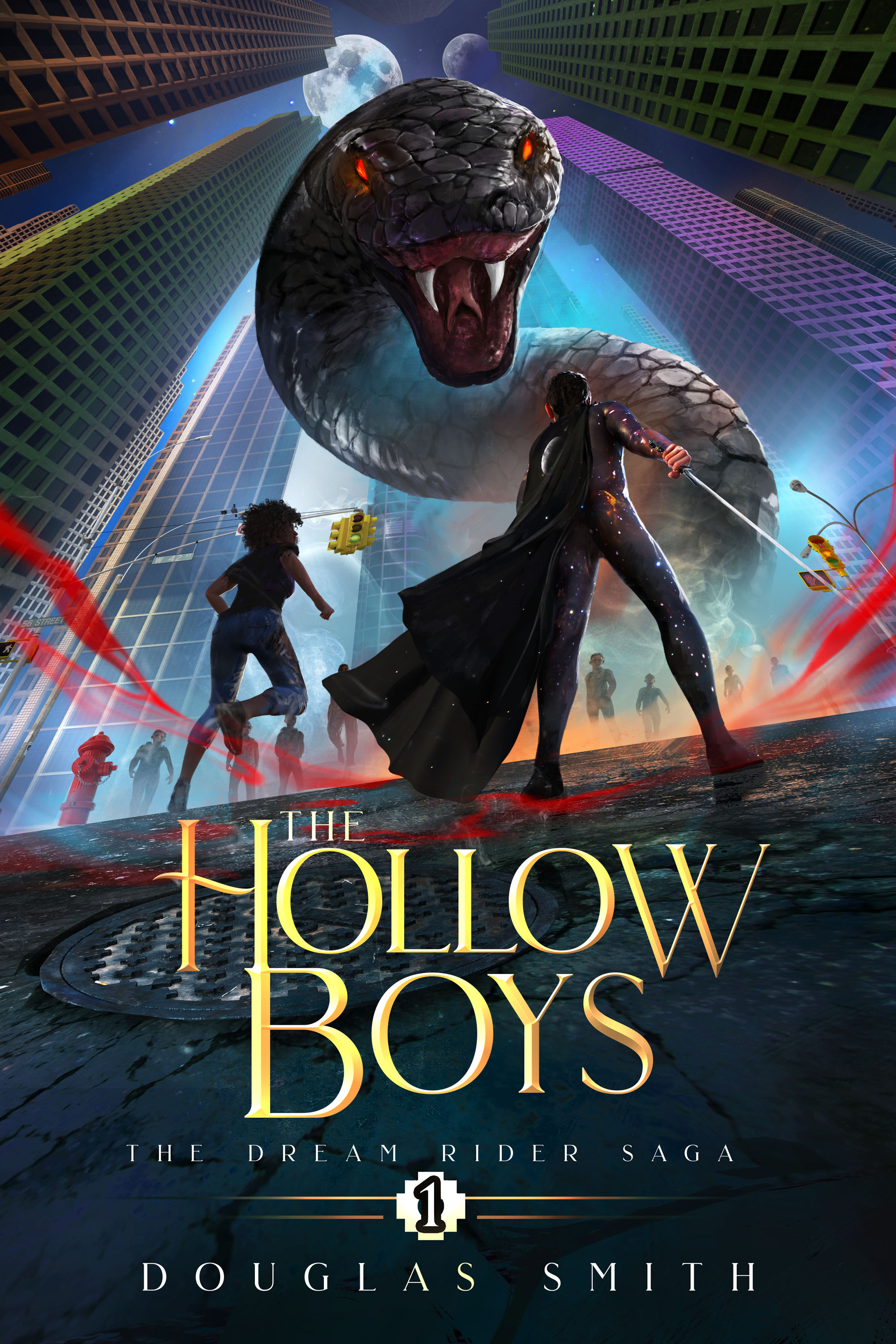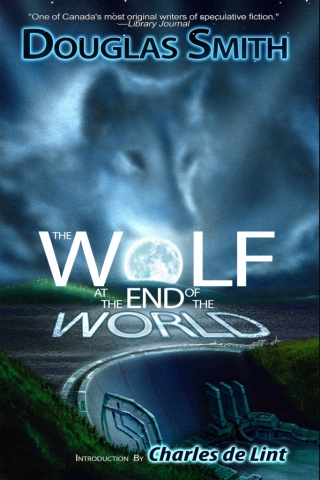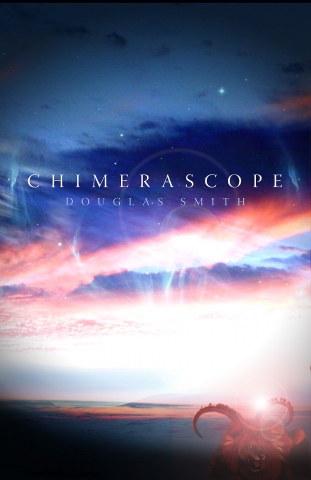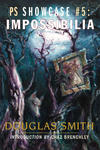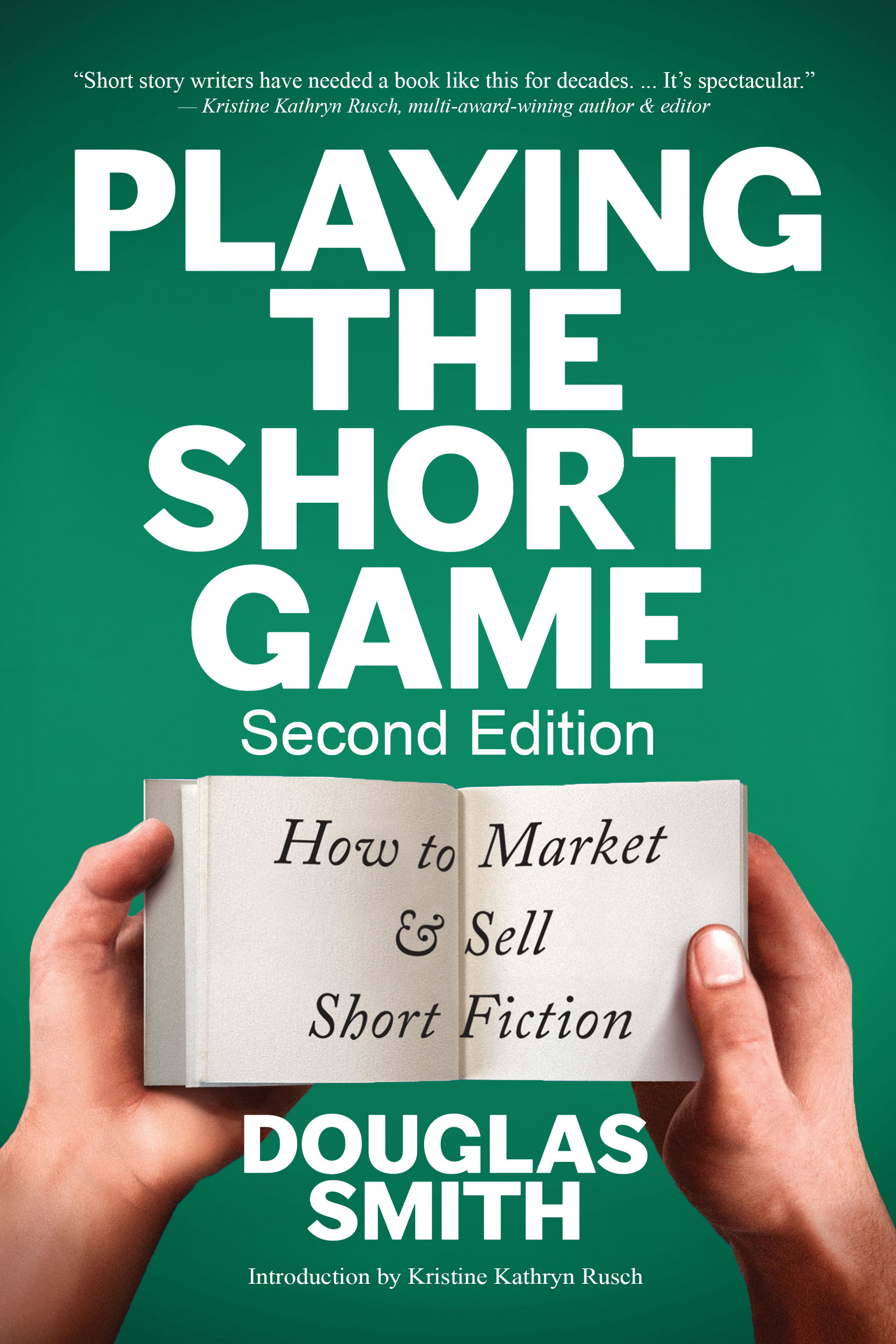Submitted by Douglas Smith on Tue, 2013/05/14 - 3:44pm
The next two parts in my continuing series on marketing and selling your short fiction are up now at the new Amazing Stories. Part 16, "Drawing the Line," discusses if and when you should ever stop submitting a story. Is there a magic number of rejections that signal you should draw the line and shelve this story? Or should you keep it out there? What happens when you run out of your target markets for a story?
Part 17 starts a series of posts on the happier topic of what happens after you sell a story. I begin with the subject of short fiction contracts, a topic that I'll continue for parts 18 and 19 as well.
As always, please feel free to leave comments or questions on these posts. I'd love to hear from anyone.
Submitted by Douglas Smith on Sat, 2013/04/27 - 5:58pm
Well, part 14 has been up for a week, actually, and part 15 went up today. Part 14 discusses what happens when your story arrives at your chosen market and how editors make decisions on what stories they're going to accept or reject. If you're a new writer, a lot of this may surprise you. Yes, even good stories get rejected.
Part 15 deals with dealing--with rejections. You've been rejected, dude. Deal with it. I try to explain why rejections are a common and even necessary part of a writing career. And no, they never stop coming.
Check out these latest posts and please feel free to leave a comment or a question. You can find the list of all of the posts in this series here.
Submitted by Douglas Smith on Sun, 2013/04/14 - 2:31pm
In the last few weeks, in Parts 10-12, I reviewed the process for submitting your short fiction to one of your targeted markets and included some advice on mistakes to avoid.
To start off this week, let’s assume that you’ve been following along with that process and that you now have actually submitted one of your stories to the top market on your list.
I’ve Sent My Story–Now What?
First of all, congratulations. Good for you. You’re on your way. So now you can just sit back and wait for the editor to reply to your submission, right?
Wrong (c’mon, you knew that was coming). What is right is to write. Write another story. Send that story out to your next top market. Then write another story and send that out. Rinse and repeat.
It’s a Numbers Game
Because, here’s the thing–here’s the secret to success as a writer, whether that be as a short fiction writer or as a novelist: it’s a numbers game. The more fiction that you’ve written and that you have out in front of an editor at a professional market, the better chance you have to be a success. ...
Read the entire article here.
Submitted by Douglas Smith on Sat, 2013/04/06 - 7:10pm
Part 12 of my series on how to market and sell short fiction is now up at Amazing Stories. In the last two weeks, Part 10 and Part 11, I discussed the mechanics of submitting your story to a market, cover letters, manuscript formatting, formatting different types of dialog, and an explanation of the two different methods of calculating word count.
This week, I finish this topic on how to submit short fiction by discussing two commonly confused and unwise practices: multiple submissions and simultaneous submissions. Please drop by and ask a question or leave a comment.
Submitted by Douglas Smith on Fri, 2013/04/05 - 11:49am
This weekend, I'll be appearing as an author guest at Ad Astra, the excellent fan-run convention in Toronto (well, actually Markham). See below for my schedule of readings, signings, and panels, which includes moderating a panel with Jim Butcher. Woo hoo!
- Friday 9:30 pm (Floor 2, Suite 2): Reading (I'll be reading from my Aurora-eligible story, "The Walker of the Shifting Borderland"
- Saturday 3 pm (Ellsemere East): Demons, Werewolves, and Necromancers Douglas Smith, Jim Butcher, Timothy Carter
- Saturday 4 30 pm (Berczy B): Autograph Session (to 6 pm)
- Saturday 9:30 pm (Suite 1401): Reading at the digital launch for the Blood and Water anthology (I'll be reading my story "Spirit Dance")
- Sunday 11 am (Berczy A): How Do You Know It's Done? Douglas Smith, Stephanie Bedwell-Grime, Marie Bilodeau, Gabrielle Harbowy
- Sunday 12 pm (Arctic): Animals In Fiction Douglas Smith, Sarah Water-raven, Fiona Patton, Sandra Kasturi
- Sunday 2 pm (Berczy A): Save the Cat: Writing Has Rules Kelley Armstrong, Douglas Smith, Max Turner
Hope to see you there!
Submitted by Douglas Smith on Tue, 2013/04/02 - 11:25am
Part 11 of my blog series at on marketing and selling short fiction is now up at the new Amazing Stories site. This week's post is the second of three on the logistics of how to submit to short fiction markets, focusing on manuscript formatting, including how to format things that only occur in speculative fiction, as well as explaining about word count. Next week, I finish talking about the submission process by discussing things not to do when submitting to short fiction markets.
Check out Part 11 here, and please feel free to leave a comment or ask a question. Thanks!
Submitted by Douglas Smith on Mon, 2013/03/25 - 9:26pm
Part 10 of my ongoing series on marketing and selling short fiction is now up at the new Amazing Stories site, a tad delayed from my normal Saturday posting schedule. This week's post is the first of three on how to submit to short fiction markets and covers such fascinating stuff as cover letters. Okay, not so fascinating, but if you're a new writer, it's stuff that you need to know and that most newbies, for some reason, seem to mess up. Check it out here, and leave a comment, ask a question, tell a joke. Just show up. Thanks!
Submitted by Douglas Smith on Sun, 2013/03/17 - 12:24pm
Still playing catch-up on my blog series at Amazing Stories. Part 9 in my series on selling short fiction went up yesterday. After pointing you to the best market list resources on the web in Part 8 last week, this week's post deals with how to determine which is the best market for your particular story, based on an analysis of their submission guidelines and some research, considering factors such as story length, genre, payment, rights (again), and other factors.
Submitted by Douglas Smith on Sun, 2013/03/17 - 12:15pm
Forgot to post about this one, although if you're following me on Twitter, you would've got a notice. Part 8 in my continuing series on marketing and selling short fiction went up last week on the new and spiffy Amazing Stories Magazine site. This one deals with finding markets that publish short fiction. I provide my recommendations on the best online resources for identifying available short fiction markets, and talk about how to use them to select your list of top markets. The lists are slanted to speculative fiction, although I do provide some resources for literary fiction as well.
If you write short fiction or if you want to, check out the series. Here's a list of all the posts so far. And please feel free to comment on any of the posts. It helps me writing them if I know that there are people out there who are reading the series. Assuming I keep to my planned weekly schedule for the series, a new post will go up each Saturday (more or less). If you want to be notified of a new post in the series, follow me on Twitter. And in answer to several inquiries and suggestions, yes, I will be pulling all of these posts into an ebook after I finish the series, which is likely to be sometime in August or September.
Submitted by Douglas Smith on Mon, 2013/03/04 - 3:05pm
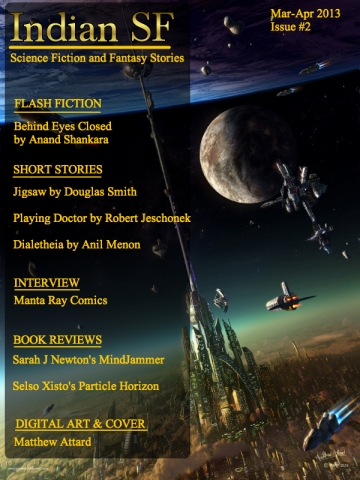 My science fiction short story "Jigsaw" has been republished in issue #2 of the relatively new bi-monthly webzine, India SF. which brings me to thirty countries in which I've been published. "Jigsaw" first appeared in the Julie Czerneda-edited young-adult anthology, Odyssey, in 2004. It was a finalist for the Aurora Award in 2005. It is also, for some reason, my best selling short story ebook. Here's the story blurb:
My science fiction short story "Jigsaw" has been republished in issue #2 of the relatively new bi-monthly webzine, India SF. which brings me to thirty countries in which I've been published. "Jigsaw" first appeared in the Julie Czerneda-edited young-adult anthology, Odyssey, in 2004. It was a finalist for the Aurora Award in 2005. It is also, for some reason, my best selling short story ebook. Here's the story blurb:
Humans are just beginning to explore the outer reaches of our solar system when the wormships are discovered outside the orbit of Pluto.
Abandoned? Lost?
Or left to be found? Found with charted wormholes in Sol System. Found with incredibly ancient yet perfectly functioning Wormer technology.
Five years later, humanity is exploring the stars.
But now something has gone wrong with the perfect Wormer technology. The orbit of the wormship, The Johannes Kepler, is decaying, and Cassie Morant, ship geologist, has less than twenty-four hours to solve a planet-sized, eons-old puzzle--or the entire crew will die. Cassie's good at puzzles, but this one has a piece missing. A big piece.
Now Cassie has one last chance to save the ship and the man she loves. But time's running out...
If you're interested, you can check out reviews of the story and buy the ebook version of "Jigsaw" online.
Pages
